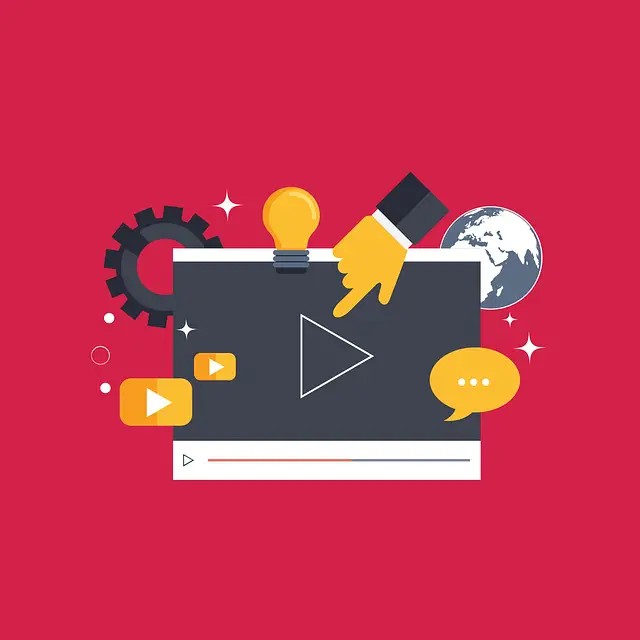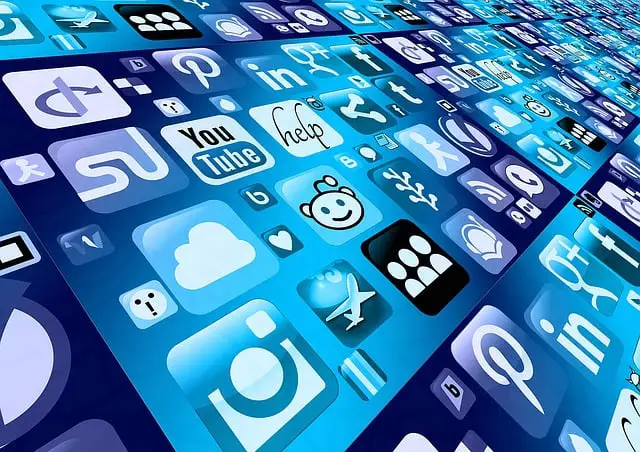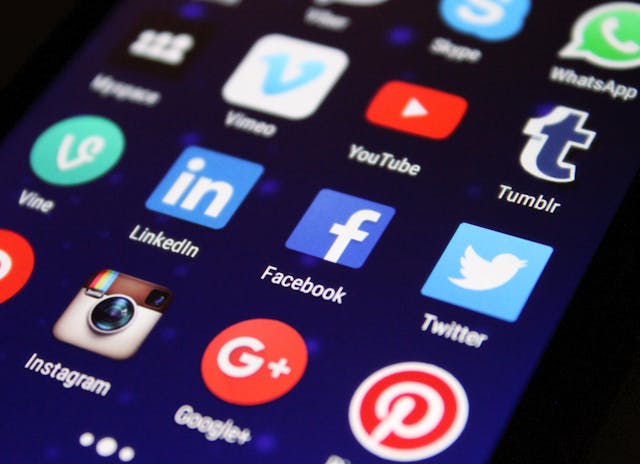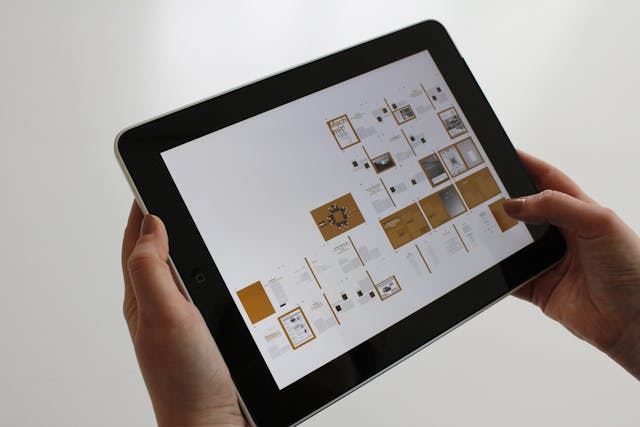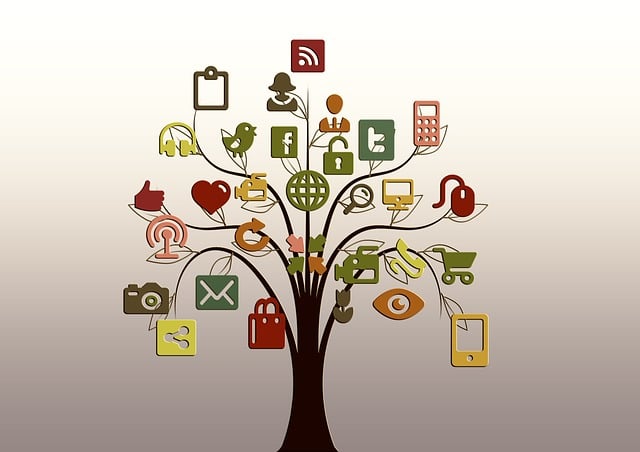How Media Consumption Influences Your Mental Health and Happiness
- Does this affect my self-esteem or exacerbate my imposter syndrome?
- Do I continually compare myself to others?
- Does this make me anxious or depressed?
- Am I agitated when watching this media, and does that sensation last until I move on to my next activity?
- Do I worry about things that are beyond my control?
- Would I be happier or more content if I were doing anything else right now, such as reading, chatting with a friend, or playing with my pet?
- Use an app to measure how much time you spend using social or news media applications.
- Leave your phone in another room before going to bed.
- Uninstall applications from your phone.
- Disable notifications.
- Turn off your phone.
whether you asked me whether I liked or disliked social media and the internet, I would probably simply stare at you. Of course, I adore the internet. I’ve liked it from the first time I called in and read every item on AOL Kids (and struck a wall because content production was limited back then).
I truly dislike it. In just five minutes, I can read about the ongoing global genocides, check on the current COVID-19 death toll, read a list of “35 Bestselling Authors Under 35” (and lament the fact that my time has passed), and delete a few creepy messages from men on Linkedin. There’s also Instagram. And probably Facebook, if I ever log in again.
Because of physical separation, many of us are spending more time online than before. Three-quarters of the general population utilizes social media, and nearly three-quarters of Facebook users, as well as six-in-ten Instagram users, visit these sites at least once a day. If anything, I have increased the amount of applications and services I use in 2020.

We know that having a strong social network helps to good mental health and wellbeing, and social media and the internet have done a lot to assist people overcome time and geographical obstacles. I believe it is beneficial for me to be aware of what is going on in Syria, Sudan, Myanmar, and other countries. However, the key is to strike a balance.
All this media intake is probably not healthy for us.
Many of us are aware that social media use triggers the brain’s reward center by producing dopamine. However, part of the unhealthy loop is that we continue to use social media even knowing it does not make us feel good in the long term. We become ecstatic when we get a like or a notice and receive a dopamine rush, but the contrary occurs as well. Like a drug, we believe that getting a fix would make us feel better, but it really makes us feel worse, which is due to an inaccuracy in our ability to foresee our own reaction, known as a forecasting error. We continue to believe that social media will make us feel happy. It usually doesn’t.
While we may expect social media to make us happy, do we really expect the news to do the same? Media exposure throughout the 24-hour news cycle may heighten feelings of danger and trigger the “fight or flight response,” which produces stress hormones such as cortisol and adrenaline. This may lead to a variety of physical and mental health issues, including anxiety, despair, exhaustion, and insomnia. In one research, individuals who watched just fourteen minutes of bad news reported higher levels of anxiety and sadness, as well as a substantial rise in the propensity to catastrophize a particular concern.
When it comes to the news, overthinking or obsessing over unfavorable events—such as a constant fixation on following the coronavirus—may not provide fresh knowledge, but it will negatively infect your whole view. Negative ruminating generates new concerns and phobias on a recurrent basis and has been linked to depression and PTSD. It also has an impact on how we solve problems, motivate ourselves, and interact with others.
Of course, we want to keep educated and informed, but too much news may be detrimental to our mental health. According to the idea of negative bias, the human brain is programmed to pay attention to information that makes us nervous or scared. Historically, this has been beneficial: humans are designed to notice hazards rather than ignore them. However, we tend to overconsume news.
Media is meant to keep you engaged—which is why it’s difficult to look away.
Have you ever opened an app “just to check” and realized an hour (or more) had passed? Do you find yourself going through the “app cycle” on your phone every time you glance at it?
There is a reason.
App and platform technologies are meant to be immersive, resulting in flow while using a certain app. It is generally known that flow is associated with a sense of time distortion, and this is precisely what many makers of social networking applications and Freemium games want to achieve—a person becoming so engrossed that he or she forgets about time and location when using a platform or app.
Every aspect of an app or website is designed to keep you interested, from the size, shape, and colour of buttons to the duration of videos and the size of text and graphics. This is before you begin to think about the substance. Many of us can recognize a clickbait title from a mile away (and sometimes still can’t help ourselves), but there’s a lot more that goes into getting us to watch, read, and click than we realize.
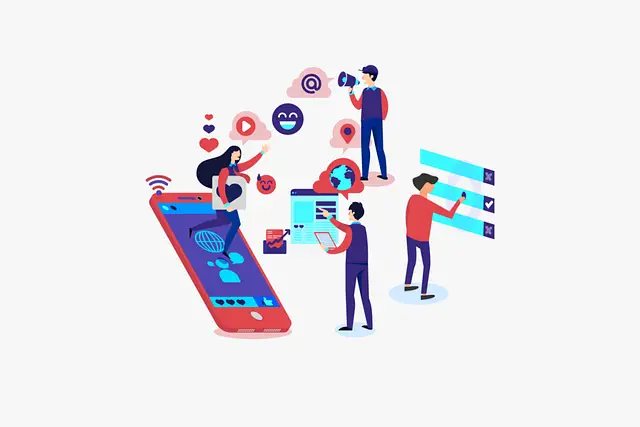
And it’s not limited to applications. If you watch reality TV and find yourself eager to get through a commercial break or the next episode, you may notice that news shows use similar strategies to keep you interested. Scripts like “Murder hornets: Just angry bees or out to kill your whole family?” Tune in tonight to discover out,” or even something as basic as “We’ll be back with more after the break,” are intended to keep you interested.
More than half of Americans say the news stresses them out, and many report feeling anxious, tired, or losing sleep as a consequence. However, one in every ten persons checks the news every hour, and 20% of Americans report “constantly” following their social media feeds.
If you recognize yourself in these statistics, you are not alone—I am with you.
So, how much is too much media consumption?
So, is it helping or harming you? The many interruptions caused by frequent smartphone usage, as well as the numerous daily incoming messages that fragment ordinary life, may diminish productivity at work and lower a person’s well-being.
According to research, reducing social media usage to around 30 minutes each day may result in a considerable boost in well-being. Thirty minutes may seem like a lot to some people, but anecdotally, every single person I question about their media consumption (including myself!) grossly underestimates how much time they spend on social media—and that’s before we even get into news media consumption.
How can I reduce my media consumption?
And do you really want to? Most of us are unlikely to entirely abandon social media, and many of us are unable to do so—I rely on social media and news for work. However, if we are conscious users, regular usage may not be a concern.
Ask yourself why, when, and how you connect with the platform or consume media.
Self-awareness is essential. The majority of us are thoughtless users, directed by the platform’s architecture. The first step is to be conscious. Are you passively monitoring, actively publishing, or intentionally connected on social media? Do you receive the information you need or desire and then log out, or do you scroll just to scroll? Are you utilizing social media to pass the time or for a numbing effect? Are you reading or viewing both good and bad news stories? When I say I have to use the internet “for work,” does that imply I get to sit on it all day and do whatever comes up? No! When I’m working, I attempt to prepare ahead of time, set timers, and avoid distractions. And, when I’m not working, I keep my phone in another room.
curate your feed.
Unfollow sites that constantly irritate you or don’t deliver useful information. Use the app’s settings to control the flow of information. Seek for the good news!
While it is important to diversify your sources to avoid working in a bubble, not all sources are the same. It is about quality, not quantity. You might subscribe to newsletters or follow accounts that provide a variety of information in order to obtain as much information as possible in a short period of time.
When it comes to current events and public health, stick to a few reliable sources, such as the CDC and WHO, rather than browsing through social media for updates.
Be conscious of the consequences media consumption has on you.
Returning to self-awareness, ask yourself:
Decide the action(s) you’ll take to limit your media usage.
This may be one of the most critical steps: determining which technique will work best for you. Many of us are aware of our alternatives for reducing media consumption:
Some individuals choose to perform social media detoxes, which is fantastic. Simply avoiding social media is not an option for many of us, so what works for you? I usually spend one day every week “away.” It wasn’t a hard and fast rule; I just found myself not using my phone as much on Saturdays. Twitter makes me unhappy, so I uninstalled the app from my phone and now just check in on my PC a few times each day. Determine which steps will be most effective for you and test them out.
Remove the trigger and replace it with another behavior.

I recently listened to a panel of folks who were all keenly following the election because of their employment. Someone wondered whether they were prepared to be glued to their TVs and phones on election day. None of them said yes. “At that point, our work is done,” one participant said. “Tracking every moment won’t do anything.” They all had plans for Election Day, including hiking, reading, and learning a computer game with their children. They might have been hooked to their iPhones, of course, but they devised a strategy to replace the need to scroll with another activity. What is your favorite thing to do? Can you do this instead of “checking in” on social media?
I won’t dispute that the internet and global news are amazing. I can chat to friends all over the globe, find out where to eat when I go, tour museums in locations I’ve never been to, and read tales about individuals I’d never heard of before. With the correct mix, you may utilize social and news media for good while also caring for your mental health and well-being.

